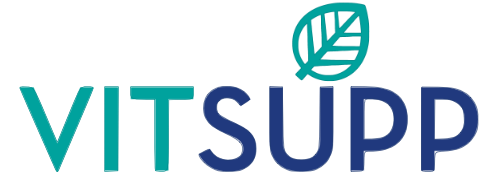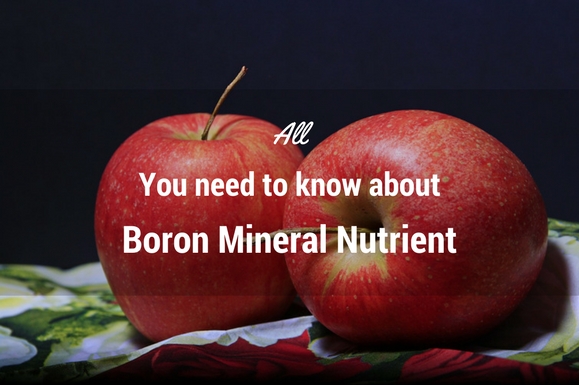Boron (B) is not considered to be an essential mineral nutrient, however with increasing focus and research its role in good health is better understood today. Boron affect the way the body handles other minerals such as magnesium and phosphorus.
Contents
- Physiological Function of Mineral Nutrient Boron
- Causes of Deficiency of Mineral Nutrient Boron
- Health concerns due to Boron deficiency
- Assessment of Boron Mineral Status
- Supplementation of Boron mineral Nutrient
- Best or most Bio-Available or Active form of Boron Supplement
- Dietary Source of Boron Mineral Nutrient
Physiological Function of Mineral Nutrient Boron
Boron is essential for healthy bone development, helps the body to metabolize key vitamins and minerals. Boron has been found to increase estrogen levels in older (post-menopausal) women and healthy men. Estrogen is thought to be helpful in maintaining healthy bones and mental function. Boric acid, a common form of boron, can kill yeast that cause vaginal infections.
Boron plays a regulatory role in 26 enzymes, including those involved in energy metabolism, none of them require boron as a cofactor. Boron is a metalloid element with similar properties to silicon. Boron is best known for its role in bone health because of the effects on steroid hormones mentioned above Bor on markedly reduces urinary calcium and magnesium loss, as well as increases calcium absorption. In human studies, when compared with healthy bone, arthritic bone was associated with almost a 20-fold decrease in boron content.
Causes of Deficiency of Mineral Nutrient Boron
Boron Deficiency is caused due to:
- Decreased intake of Boron Rich food
- Mal-absorption in GI
Health concerns due to Boron deficiency
A Boron deficiency (intake of less than 0.23mg daily) appears to alter brainwave activity; enhancing delta power in the left parietal and temporal lobes and decreasing frontal lobe activity; similar results to intentional Magnesium deficiency. This state of deficiency is associated with cognitive impairment when paired against an adequate intake of 3mg or more which may be associated with Boron being involved in neuronal membrane stabilization.
Boron deficiency may result into:
- Stunted growth
- Impaired steroid hormone production
- The Kashin-Bek disease which is Selenium deficiency, however Boron plays a very important role in this.
Assessment of Boron Mineral Status
Direct markers: Serum, Urine, hair
Biomarkers: Bone resorption markers
Supplementation of Boron mineral Nutrient
Adult Male and Female: 1-12mg
Best or most Bio-Available or Active form of Boron Supplement
Boric Acid
Dietary Source of Boron Mineral Nutrient
Dietary sources of Boron mineral nutrient are:
- Apples
- Soy
- Grapes and nuts
- Grains
- Prunes
- Nuts
- Avocado
- Meat


